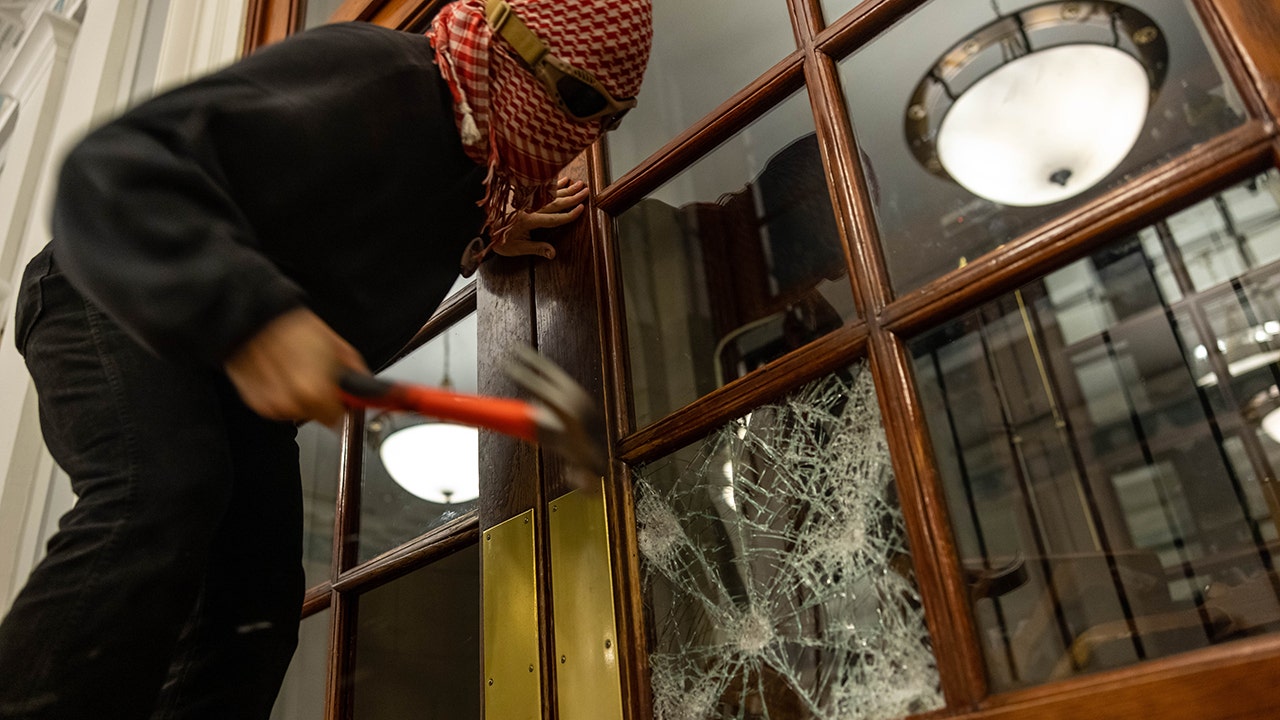United States
Blue state Democrats spearhead bills to crack down on campus antisemitism

For over a year, anti-Israel activists have been spreading their message across college campuses in the United States, often blurring the line between criticism of Israeli policies and outright antisemitism. Now, New York Democrats are taking steps to address the growing issue of hate and discrimination on campuses by introducing new legislation aimed at holding schools accountable for protecting students from harassment and discrimination. This move comes days after the Trump administration’s Department of Education announced an investigation into five prominent universities, including Columbia University in New York, for failing to address anti-Jewish hate on their campuses.
The legislative effort in New York is centered around two key bills. The first, known as the ACCESS Act, seeks to make it easier for students to sue colleges and universities that fail to protect their civil rights, particularly in cases of harassment and discrimination. Sponsored by Manhattan Democrat and state Rep. Micah Lasher, the bill is designed to push schools to be more proactive in addressing incidents of hate and bias, not just antisemitism, but all forms of discrimination. Lasher has been vocal about the rise in antisemitic incidents, particularly since the Hamas attacks on Israel in October 2023, which killed hundreds, sexually assaulted victims, and abducted hostages. The representative has also highlighted troubling trends among young voters, noting that 18-year-olds are five times more likely to hold unfavorable views of Jewish people compared to those over 65.
The second bill aims to ensure that every school in the state hires an administrator specifically tasked with overseeing compliance with Title VI of the Civil Rights Act of 1964. Title VI prohibits discrimination based on race, color, or national origin at institutions that receive federal funds, and it allows victims to file complaints if they feel such discrimination has occurred. By requiring schools to have a dedicated administrator for these issues, lawmakers hope to ensure that universities take their obligations under the law seriously and provide a safer environment for all students.
The push for these measures comes amid growing concerns about the handling of antisemitic incidents on campuses. At Columbia University, for example, anti-Israel protesters have been accused of harassment, with some incidents involving the distribution of flyers with antisemitic imagery, the interruption of Jewish history classes, and the blocking of Jewish students on campus. In one notable incident, activists wearing keffiyehs broke into a campus building, barricaded themselves inside, and were eventually arrested. These actions have led to sharp criticism of the university’s response, with some faculty members defending the protesters and even blocking access to their encampment for other students and members of the press.
The Department of Education’s investigation into Columbia and other universities highlights the federal government’s growing involvement in addressing antisemitism on campuses. Acting Assistant Secretary for Civil Rights Craig Trainor criticized universities for tolerating “widespread antisemitic harassment” and failing to hold perpetrators accountable. He also expressed disappointment with the Biden administration’s handling of the issue, suggesting that previous resolutions had done little to address the problem. At Columbia, the fallout has been significant, with some senior staff members being removed after allegations of sharing antisemitic text messages. Additionally, the university’s handling of the situation has led some major donors to question their financial support.
The broader context of these developments underscores the challenges universities face in balancing free speech with the need to protect students from harassment and discrimination. While universities are meant to be spaces for open debate and intellectual exploration, the rise in antisemitic incidents has raised questions about where the line should be drawn. The new legislation in New York and the federal investigation signal a growing recognition that schools must take a more active role in addressing hate and ensuring that all students feel safe and supported. As the debate over how to address antisemitism on campuses continues, these efforts could set a precedent for other states and universities to follow.
In conclusion, the situation on college campuses across the U.S., particularly in New York, reflects a broader societal struggle to confront and combat antisemitism. The legislative efforts in New York and the federal investigation into universities like Columbia highlight the urgent need for schools to take responsibility for protecting students from hate and discrimination. By making schools more accountable and ensuring compliance with civil rights laws, these measures aim to create a safer and more inclusive environment for all students, regardless of their background or beliefs. The outcome of these efforts will not only shape the future of higher education but also have a ripple effect on how society addresses hate and bias in all its forms.


















